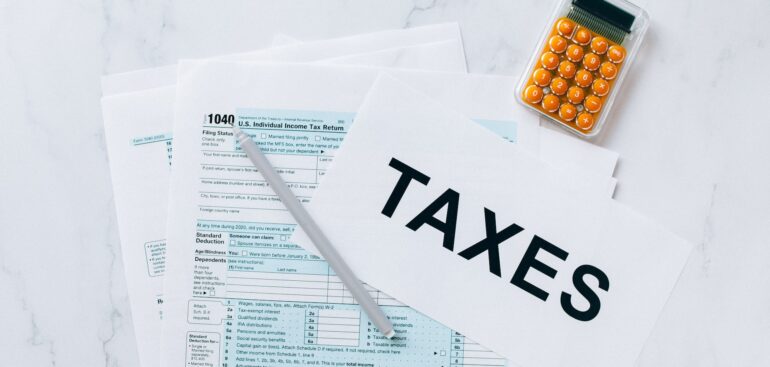Are you tired of feeling overwhelmed when tax season rolls around? Do you want to unlock the secrets to efficient record-keeping and minimise your tax liability? Look no further! In this article, we will dive deep into tax record-keeping best practices and share effective strategies to reduce your tax burden. By implementing these techniques, small businesses can navigate the complexities of tax compliance while maximising their financial resources. Get ready to uncover the key to efficient record-keeping and unlock the potential for significant tax savings!
The Importance of Best Practices of Tax Record-Keeping
For small businesses, keeping thorough, organised tax records is essential. Not only does it help you stay compliant with tax regulations, but it also allows you to take advantage of deductions and credits that can significantly reduce your tax liability.
- Finding Potential Deductions and Credits: With well-kept records, you can keep track of deductions for things like business-related travel, office supplies, and expert services. Potentially saving your company possibly thousands of dollars.
- Compliance and Audit Risk Reduction: Accurate record-keeping ensures the availability of the necessary documentation to support your tax filings. It lowers the possibility of mistakes, omissions, and potential audits, giving you peace of mind and conserving time and resources.
Tax Record-Keeping Best Practices to minimise your tax liability
Organising Your Financial Documents: The basis for effective record-keeping is organising your financial documents. The best practices to adhere to are listed below:
Implement a document management system: To store and organise your financial documents, use digital tools like cloud storage, document management software, or accounting software. This guarantees simple access, lessens paper clutter, and lowers the possibility of losing records.
Establish a Filing System: Create a logical and consistent filing system to categorise your financial documents. Organise them by expense type, income source, or specific tax categories.
Monitoring income and expenses
For tax purposes, keeping accurate records of your business’s expenses and revenue is essential. Think about the following advice:
- Use Accounting Software: Implement accounting software to track and categorise your expenses and income. This streamlines the process and reduces the chance of errors or oversights.
- Keep Supporting Documentation: Keep bank statements, invoices, receipts, and other records that attest to your income and expenses. Create a system to organise and store these documents electronically or physically to ensure they are easily accessible.
Find the best recommendations for tax planning software.
At Citi Accounts, our experienced team understands the importance of efficient tax record-keeping. We specialise in providing bookkeeping services, ensuring that your financial transactions are accurately recorded and categorised. By partnering with Citi Accounts, you can benefit from their expertise in maintaining meticulous records, reducing the burden on your business and minimising the risk of errors or inaccuracies in your tax filings. Know more about tax services.
Strategies for Minimising Taxes
Take Advantage of Deductions and Credits, and make the most of small business-specific deductions and credits to increase your tax savings. Think about the following tactics:
Research Applicable Deductions: Familiarise yourself with deductions available to small businesses, such as home office expenses, business-related education, or retirement contributions. Keep track of eligible expenses to claim them accurately.
For small businesses, efficient record-keeping and thoughtful tax planning are the key to achieving sizable tax savings. By implementing tax record-keeping best practices and employing effective tax minimisation strategies, you can minimise your tax liability and maximise your financial resources. Recall that thorough record-keeping and proactive tax planning are crucial for gaining a competitive edge in today’s business environment and being necessary for tax compliance. Act now to start utilising the power of effective record-keeping to discover the keys to tax minimisation!
Are you prepared to take charge of your tax situation and improve the financial stability of your company? Make an appointment with Citi Accounts, your dependable accounting partner, for professional advice and customised solutions. Visit our website to find out more about our full range of accounting services and how we can support you in your tax liability-reducing strategies.

